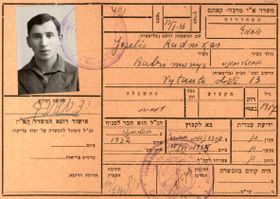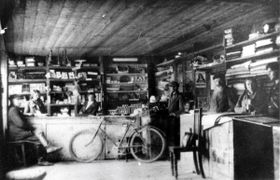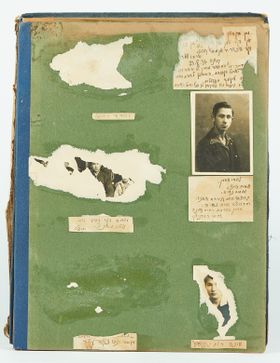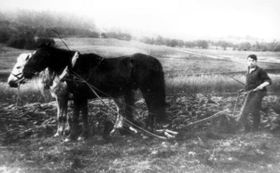Communal Care
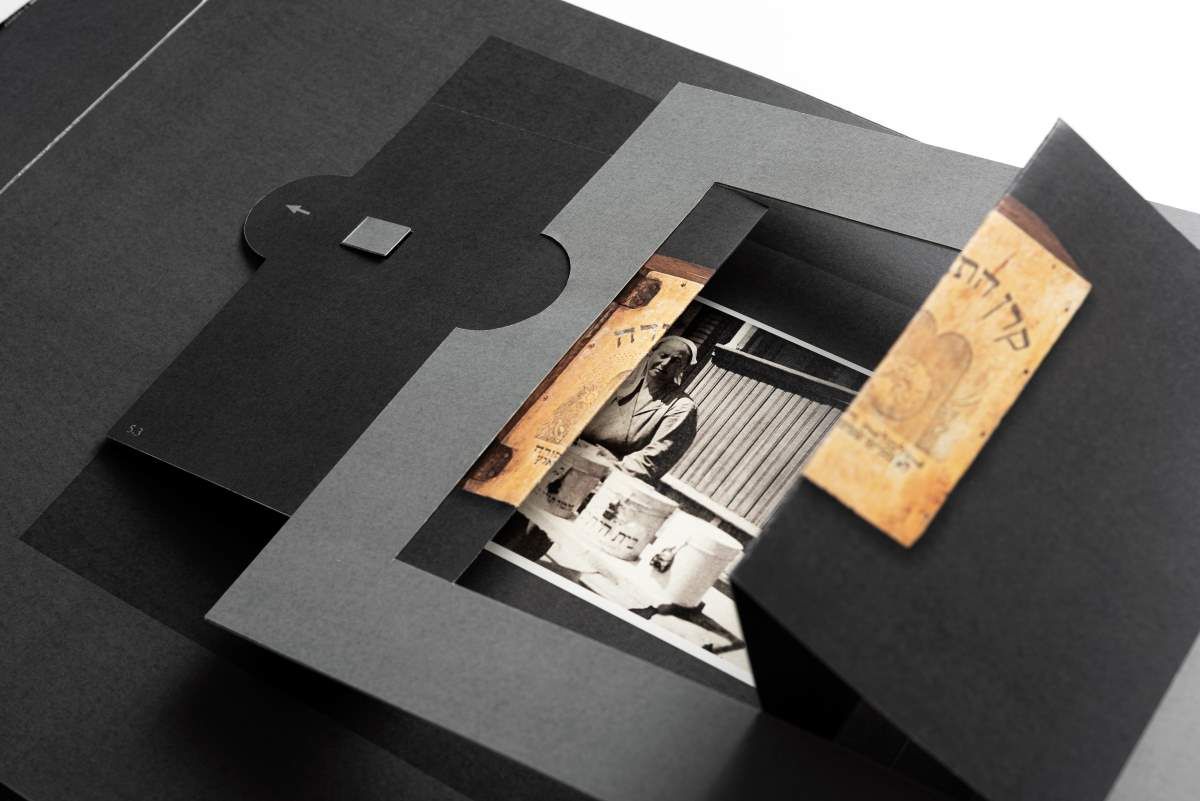

Shared Shtetl Bonds
Life wasn’t easy for the residents of the shtetl. Jobs were scarce, and the future often felt uncertain. Just when things started looking up, a fire could wipe out everything they had. On top of that, everyone seemed to know your limitations, social standing, and even the personal challenges you wished to keep private.
But in times of hardship, no one was left to fend for themselves. The Jewish community rallied together, supporting one another and sharing whatever they could. Despite their modest means, they generously supported orphans, the sick, the poor, students, and others in need. It wasn’t just a responsibility; it was a matter of pride.
In 1925, journalist Hirsh Abramovich visited his great-grandfather's hometown of Aukštadvaris and noted: “There were times when someone needed medical help elsewhere but lacked the money for travel expenses. Miraculously, the funds would appear, and the patient would be sent to the city for treatment. As a rule, the townsfolk responded to every need. No one was allowed to fall by the wayside—after all, we were all friends.”
Charity was often collected in pushkes—charity boxes.
